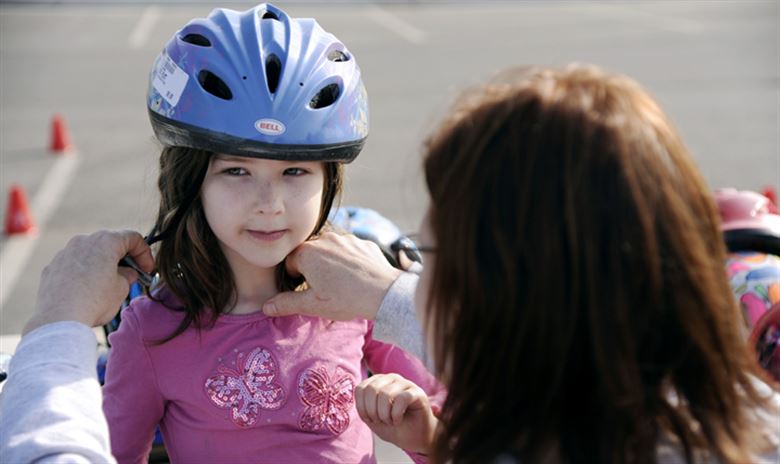News
Research shows children’s concussion symptoms last three times longer than adults

Source: Staff Sgt. Jim Araos/US Air Force
New research suggests children younger than 13-years-old typically experience concussion symptoms for three times longer than older teens than adults, but prolonged rest may not be the proper response.
Lead researcher of the study and Director of Sports Medicine at New York Institute of Technology College of Osteopathic Medicine, Hallie Zwibel, DO, explained that recent research has shown that an “active recovery” including a gradual return to school and activity may promote better outcomes than prolonged rest.
“It used to be thought that rest was best for a concussion. Kids were told to stay home from school and sit in a dark room for two weeks,” says Dr. Zwibel. “Now we encourage them to get back to school after two days and progressively get more active, so long as symptoms don’t return or worsen.”
Specifically, the comprehensive research review published in The Journal of the American Osteopathic Association found that rehabilitation appears to be particularly effective for treating symptoms such as dizziness, vision problems, and balance.
Zwibel and colleagues also found that children are particularly vulnerable when it comes to concussions because of the likelihood for underlying conditions, such as ADHD, depression, anxiety, and stress. They also found that while adults typically take around a week to recover, children’s symptoms frequently last much longer.
“It’s important parents understand that symptoms persist in kids for about four weeks on average,” said Dr. Zwibel. “This can be alarming and feel like a long time, especially compared to adults whose symptoms last closer to a week, but it is well within a normal recovery time.”
While Zwibel agrees that an active recovery is the best course of action for concussed children, he emphasizes that athletes should not compete until they are completely free of concussion symptoms. Otherwise, the athletes risk brain swelling and potentially death if they receive a second concussion while still healing. He also warns that preventing young athletes from competing while recovering can be difficult without parental support.
“There’s not a good administrative structure to prevent an injured high school athlete from playing for another league,” says Dr. Zwibel. “At this point, parents are in the best position to prevent that and we strongly encourage them to follow return-to-sport protocols.”



